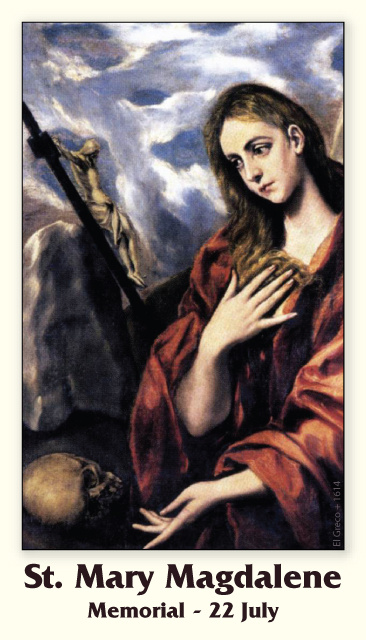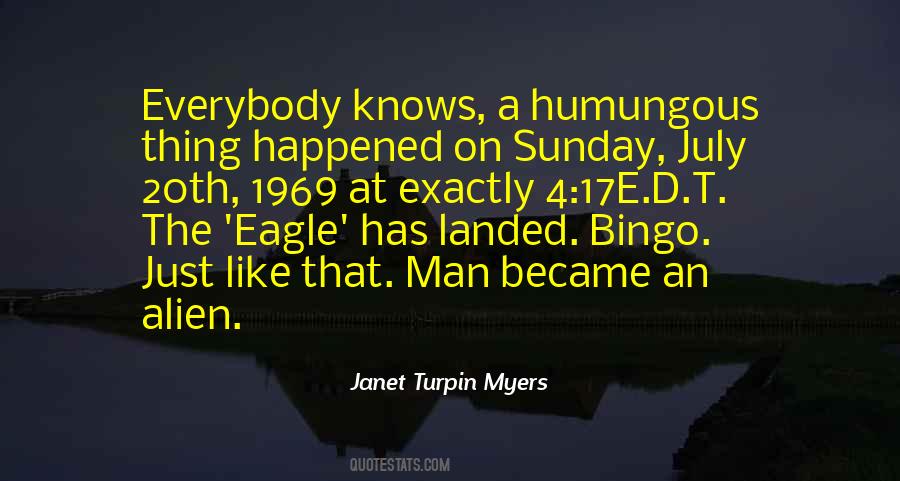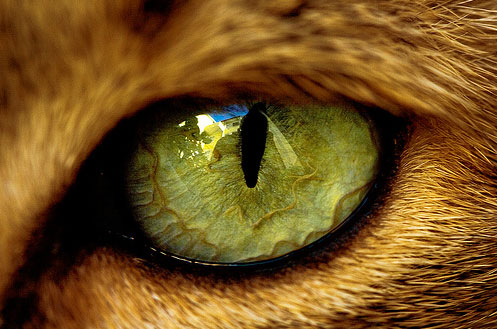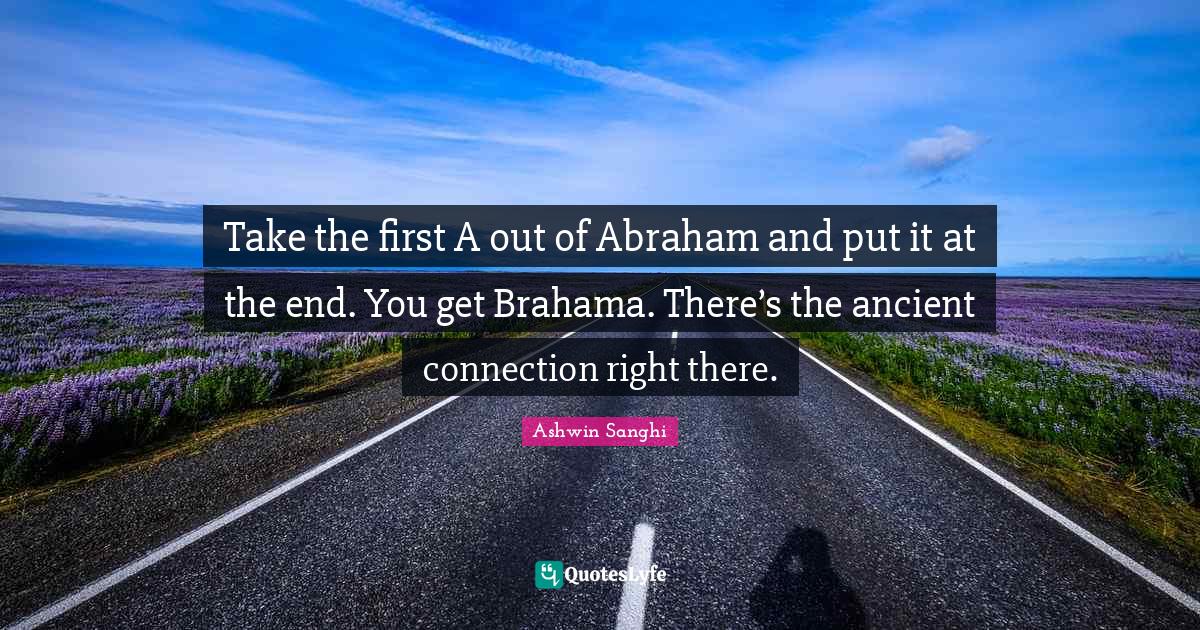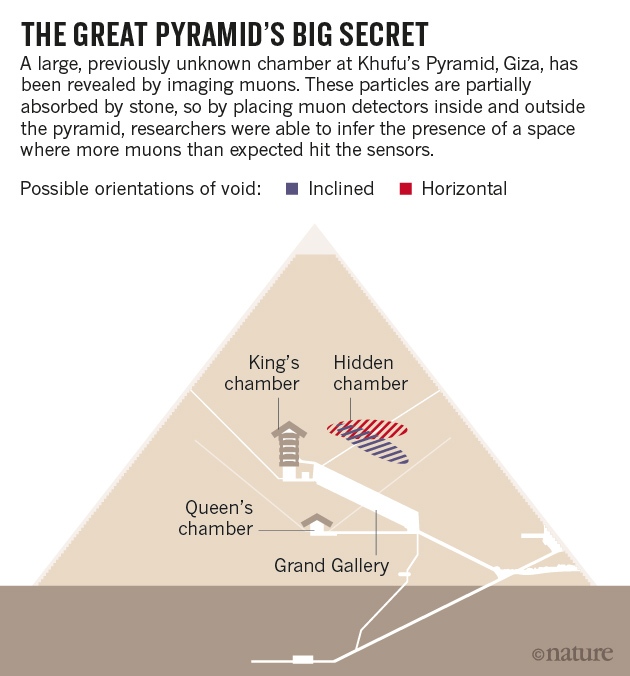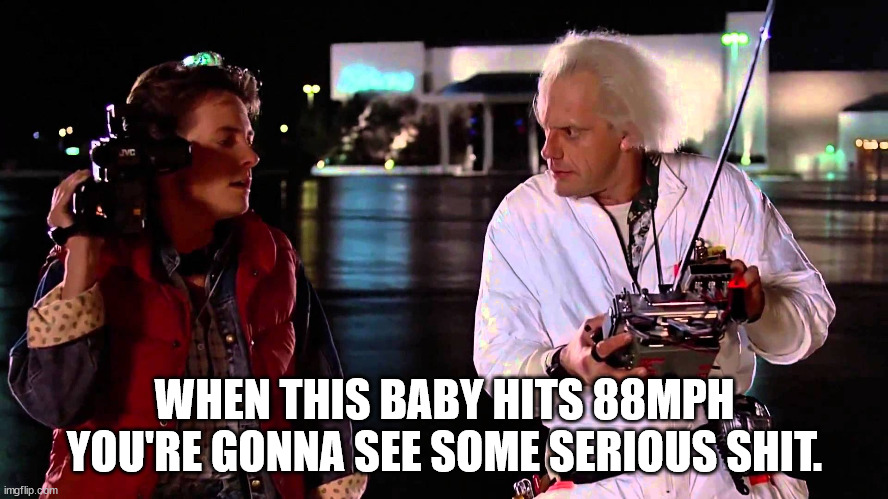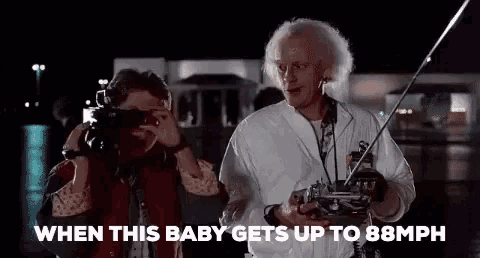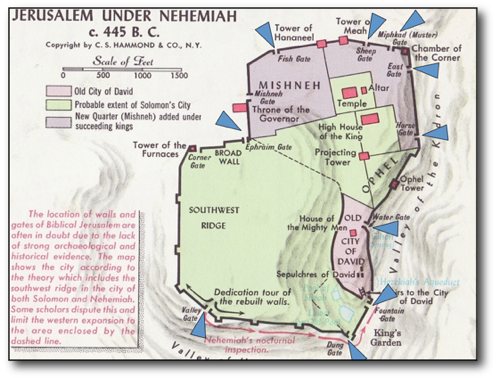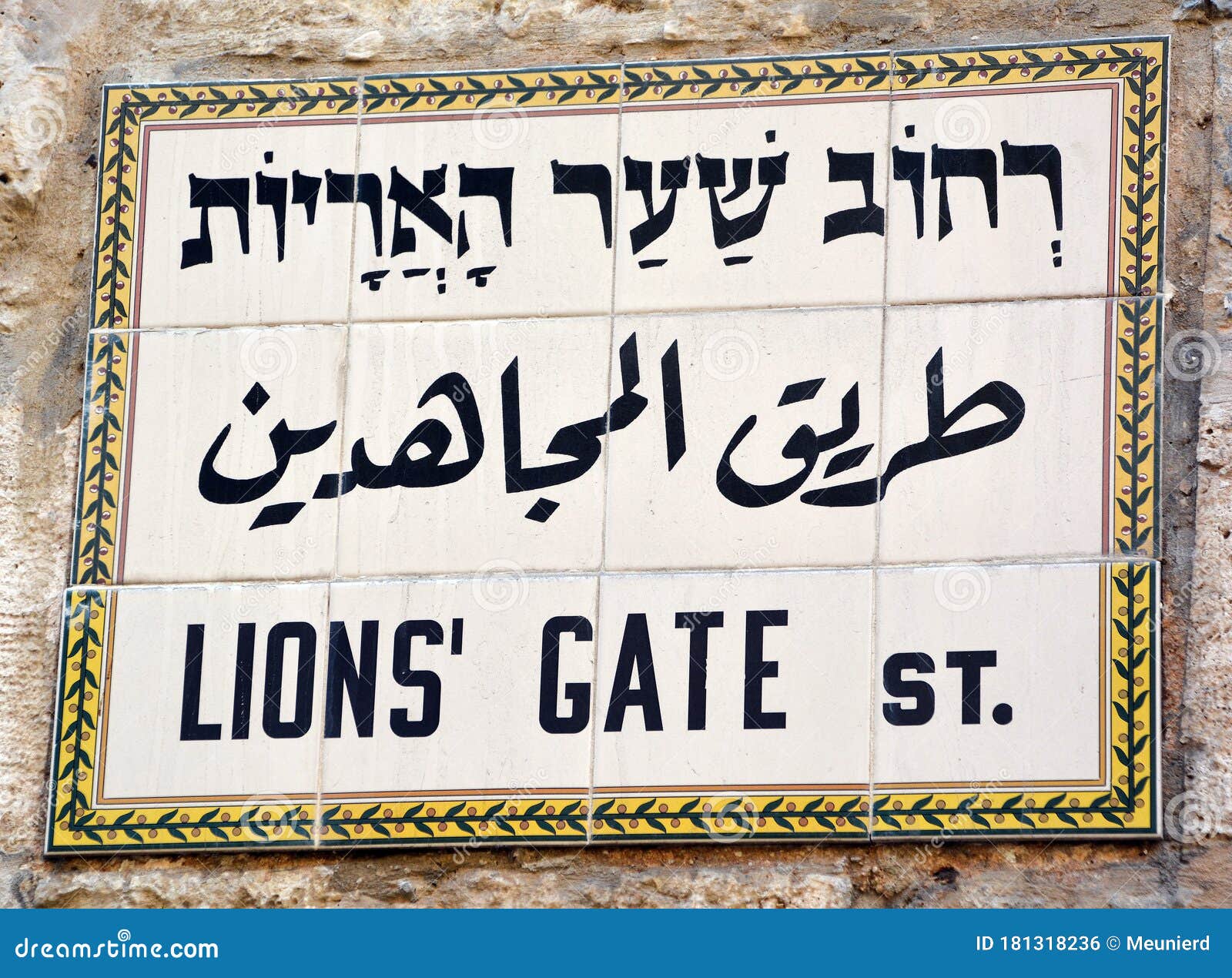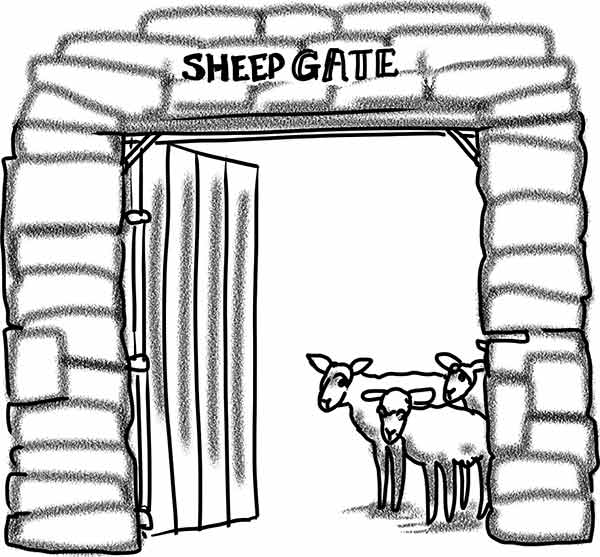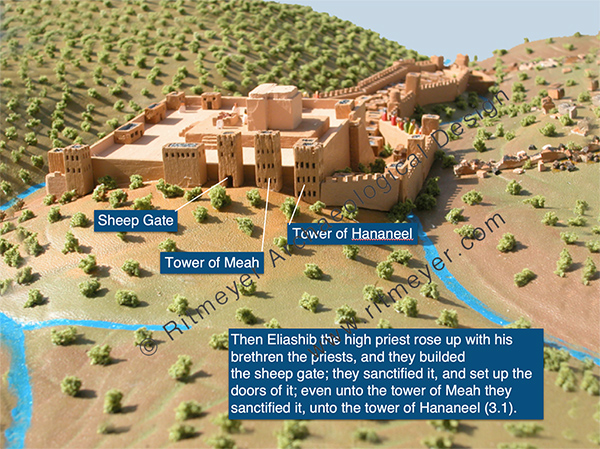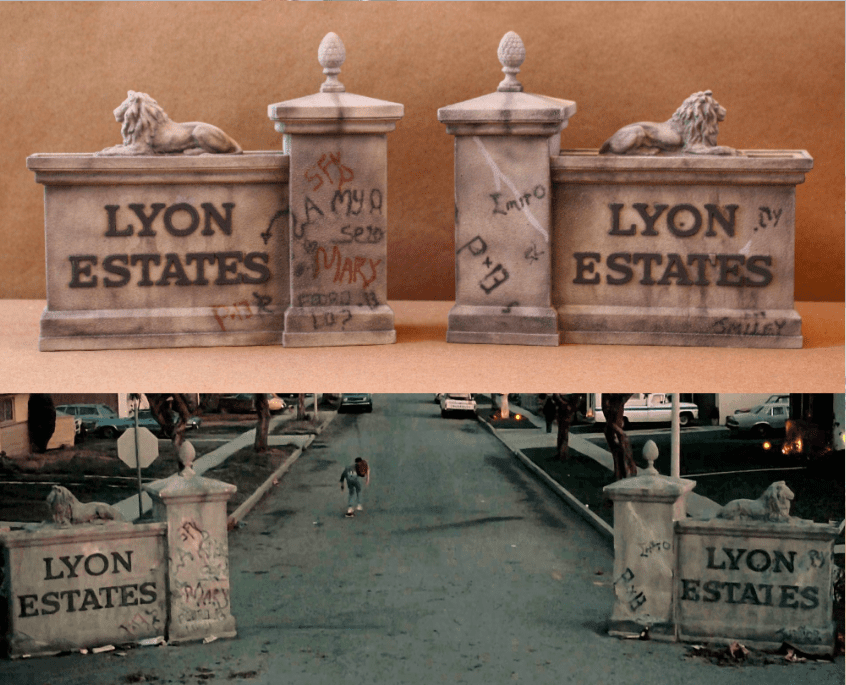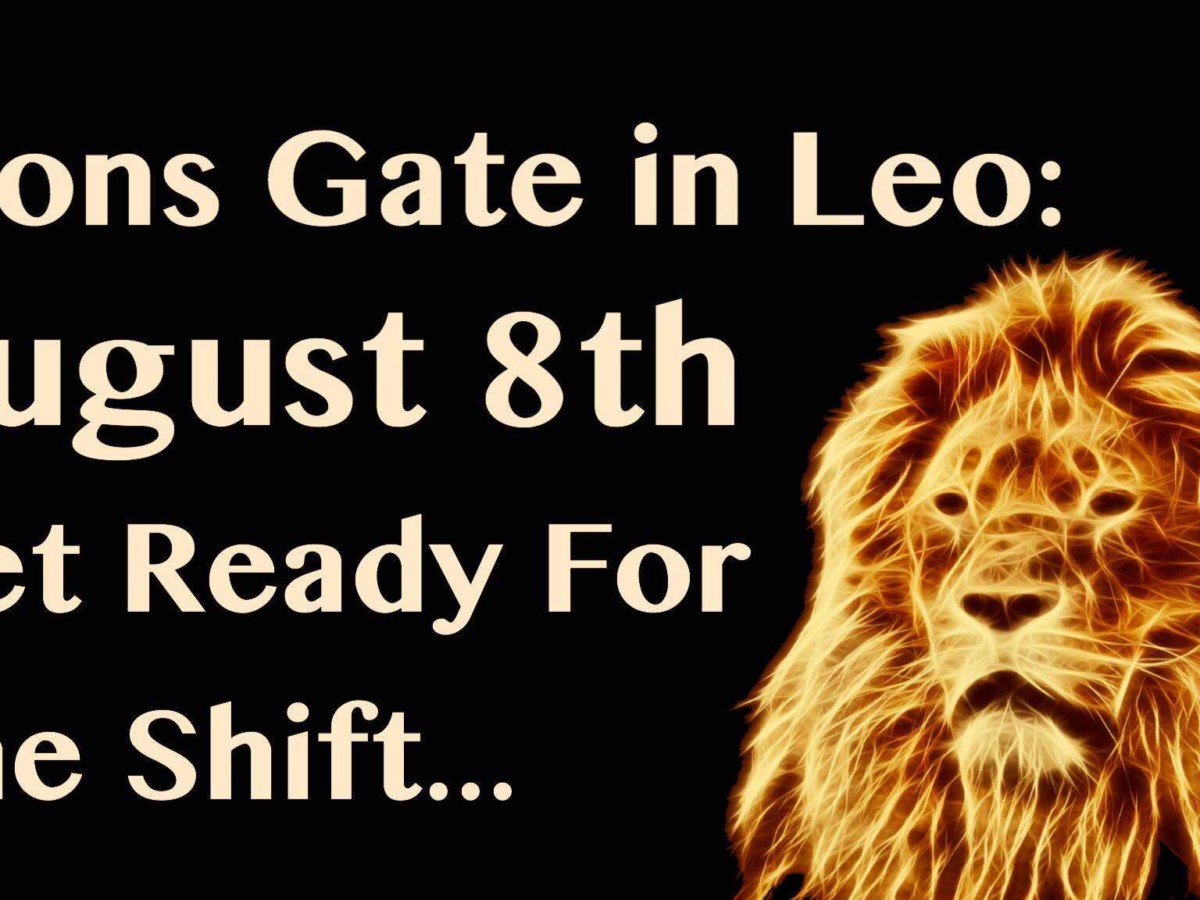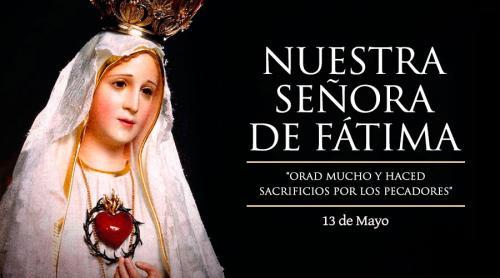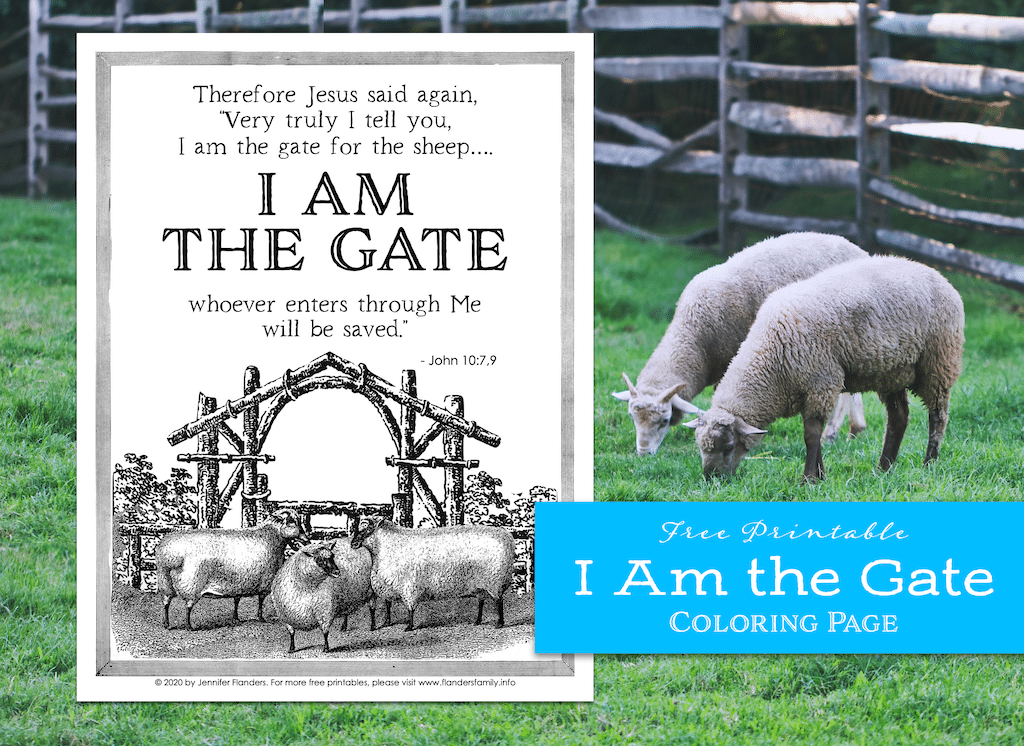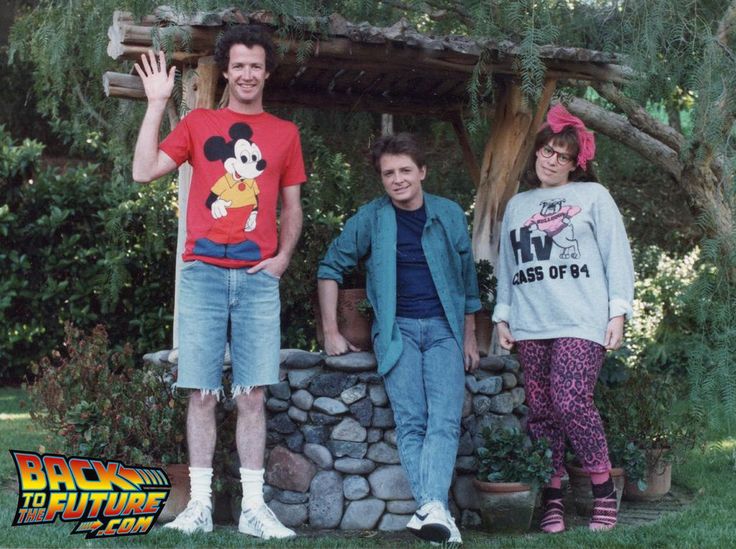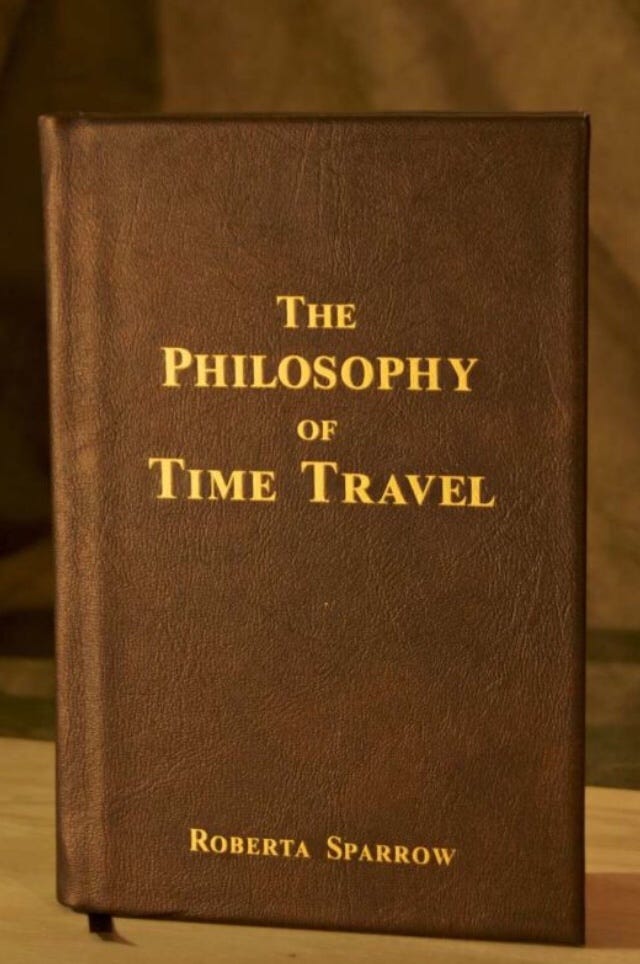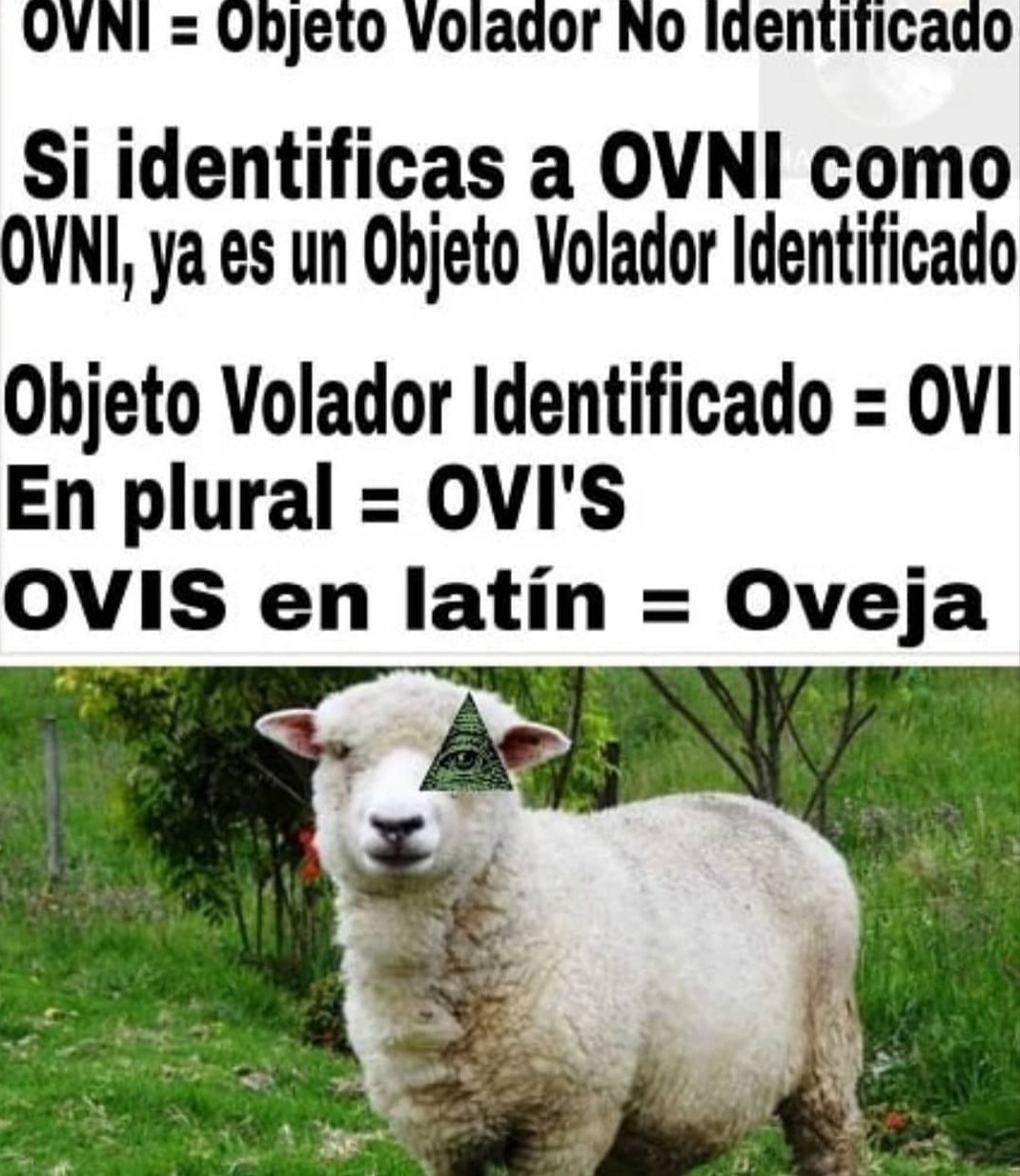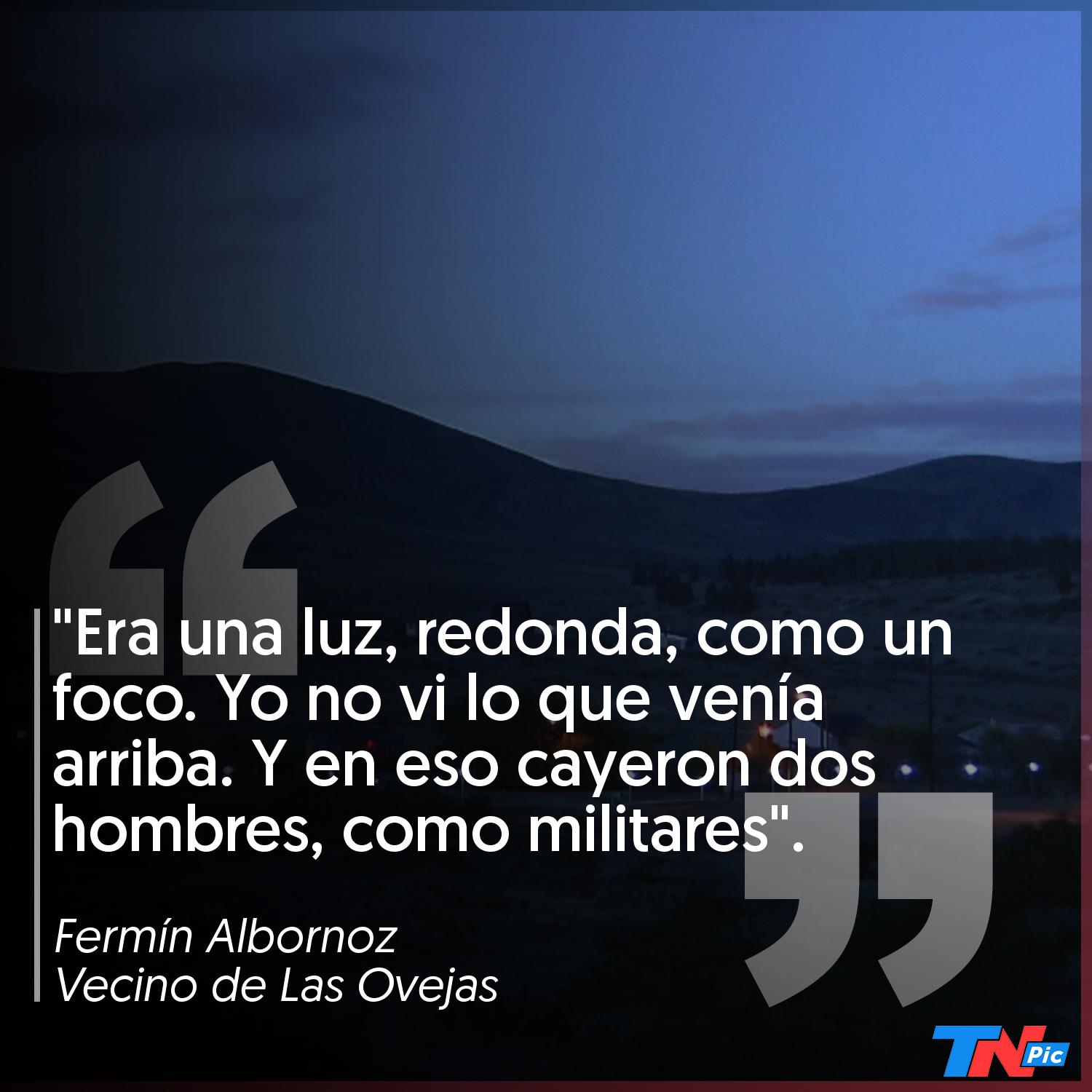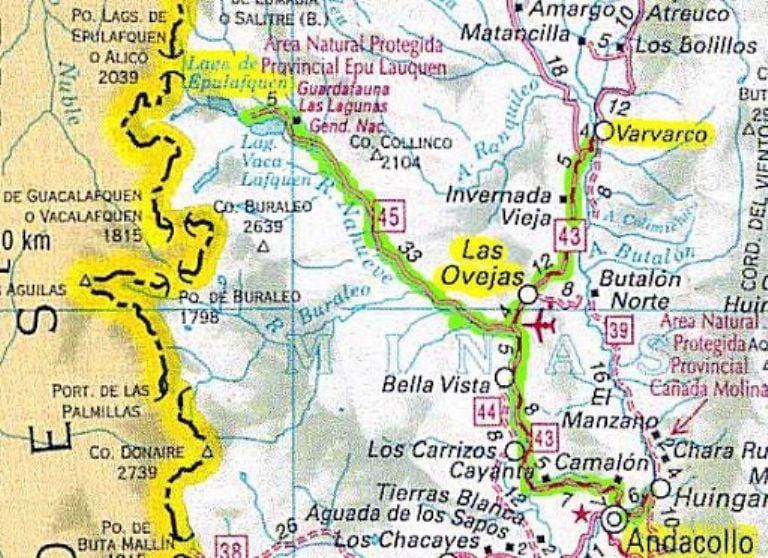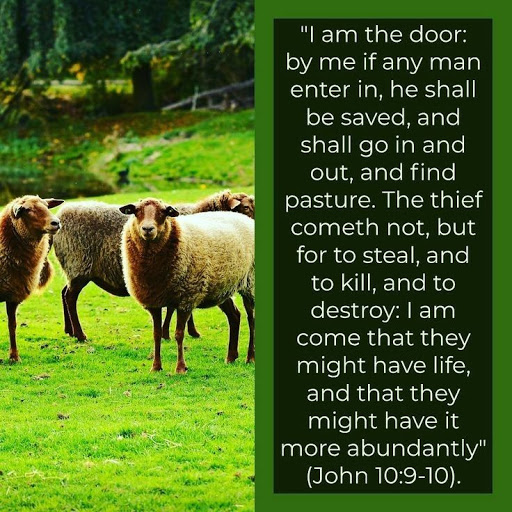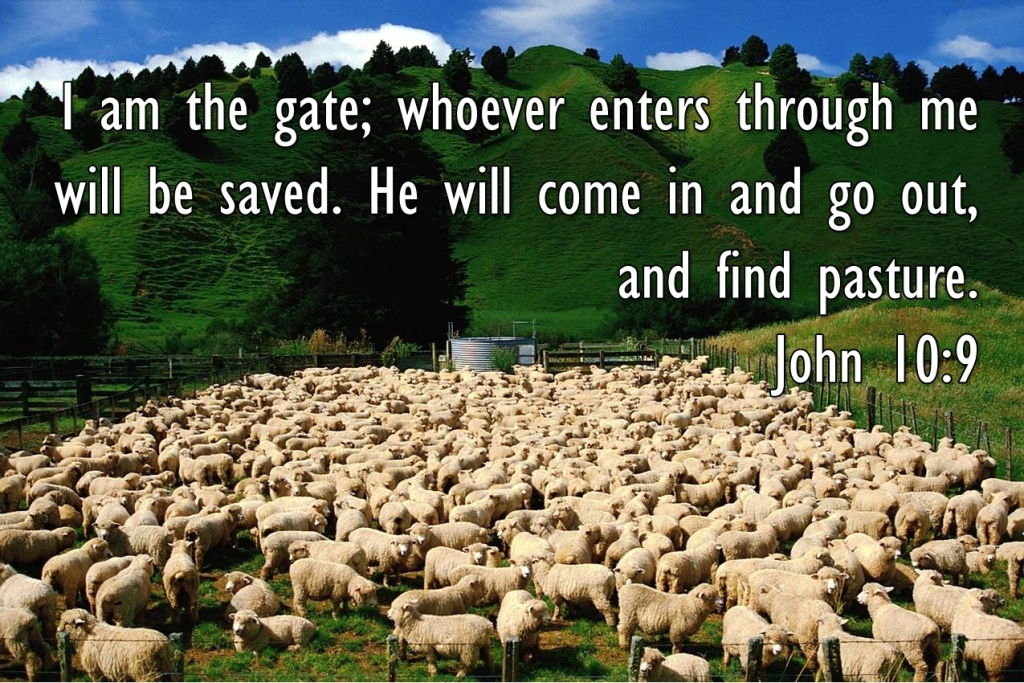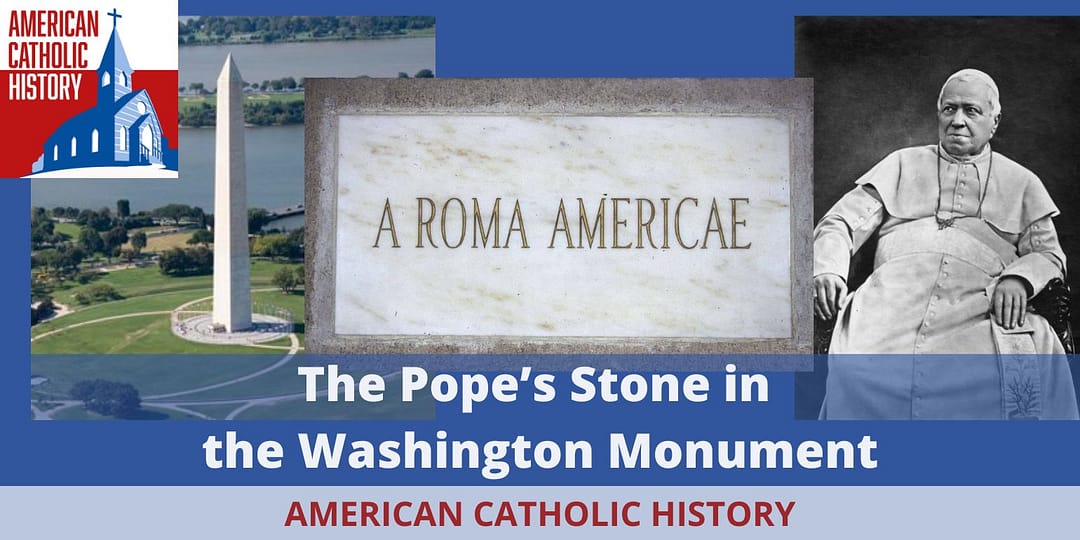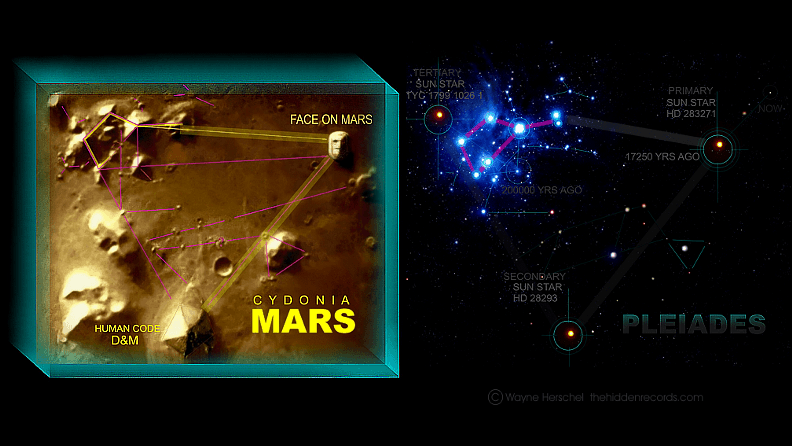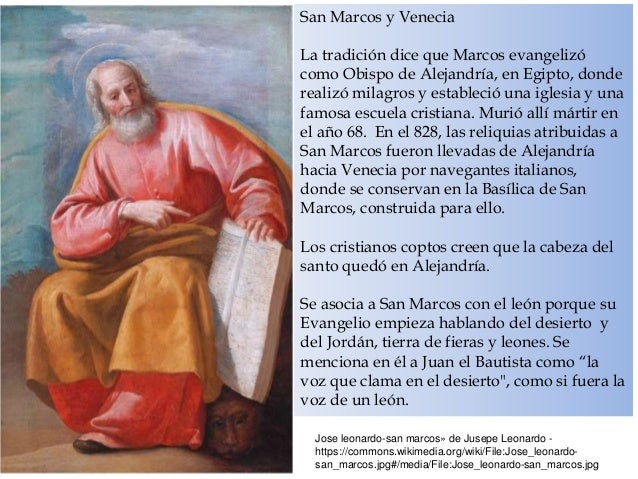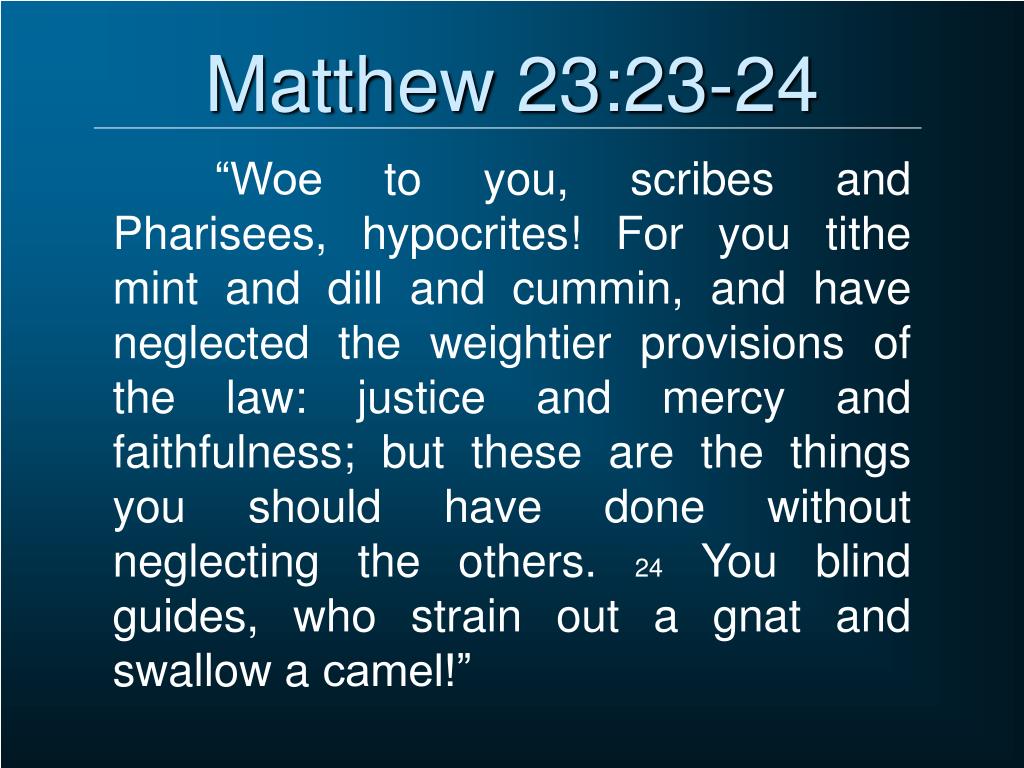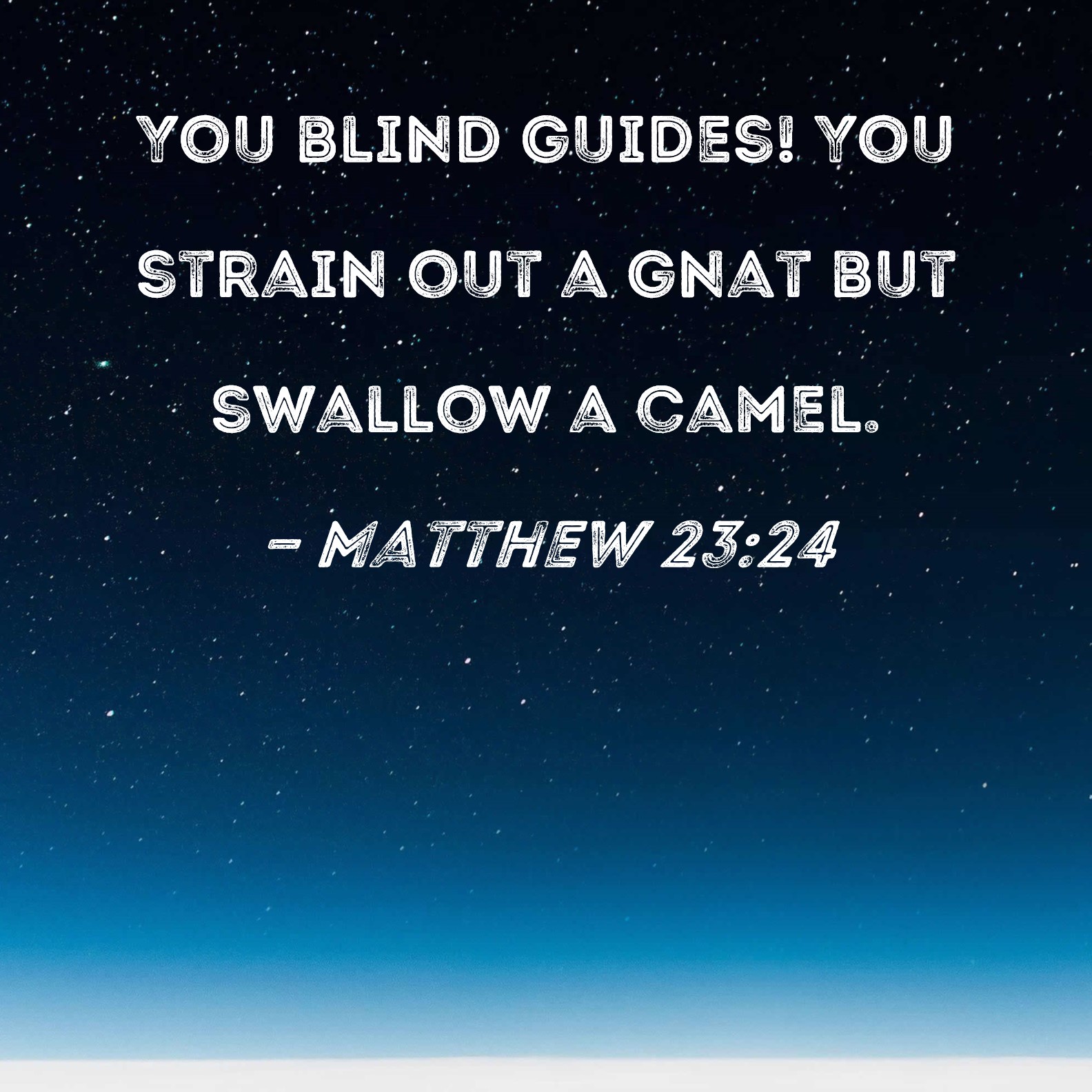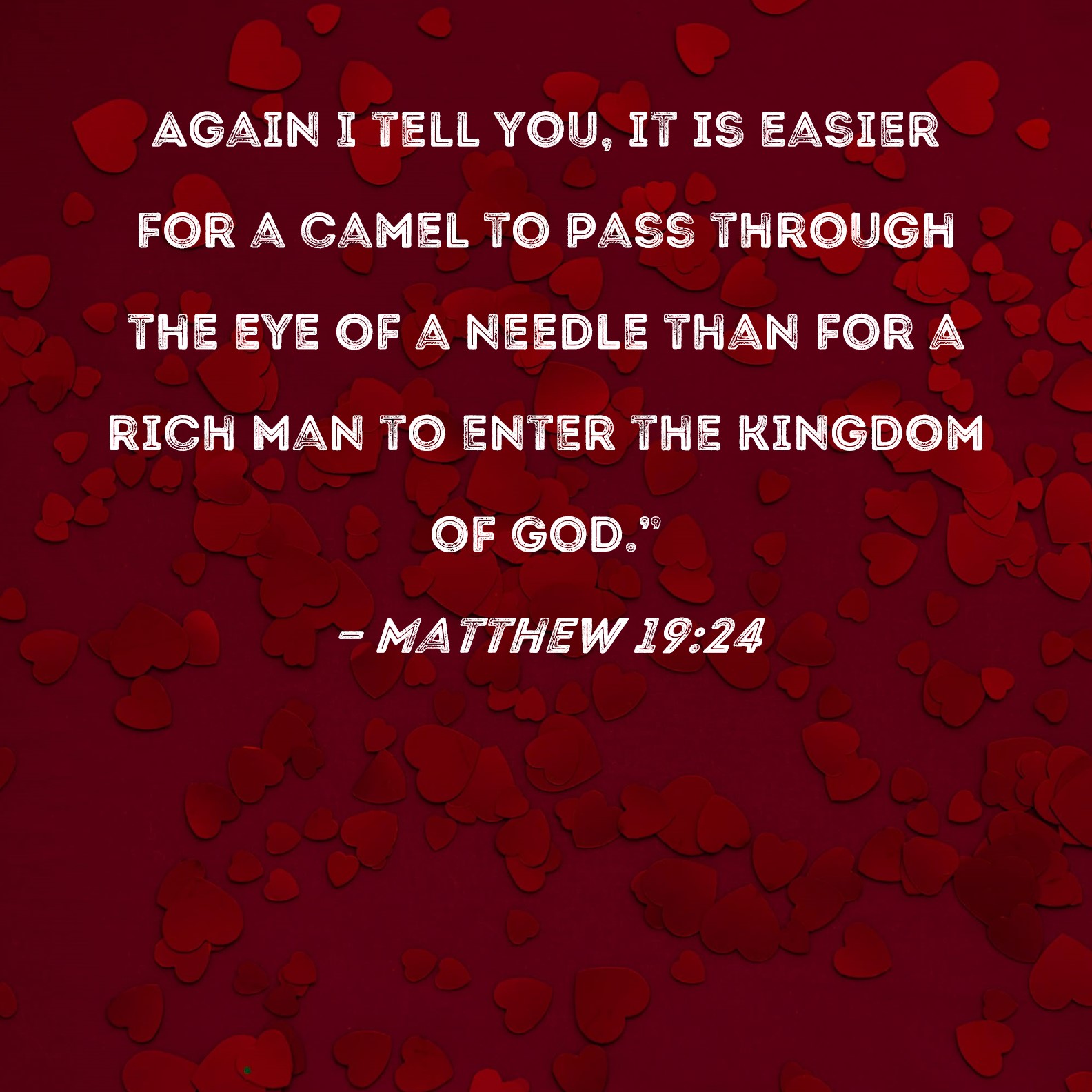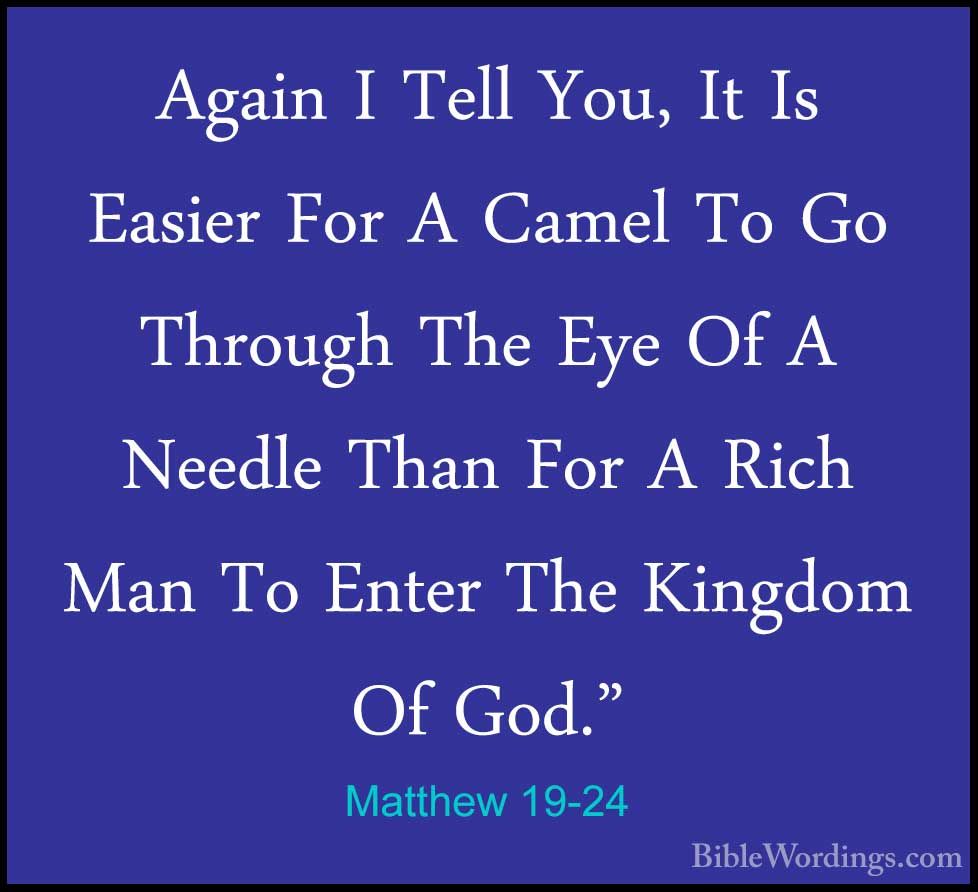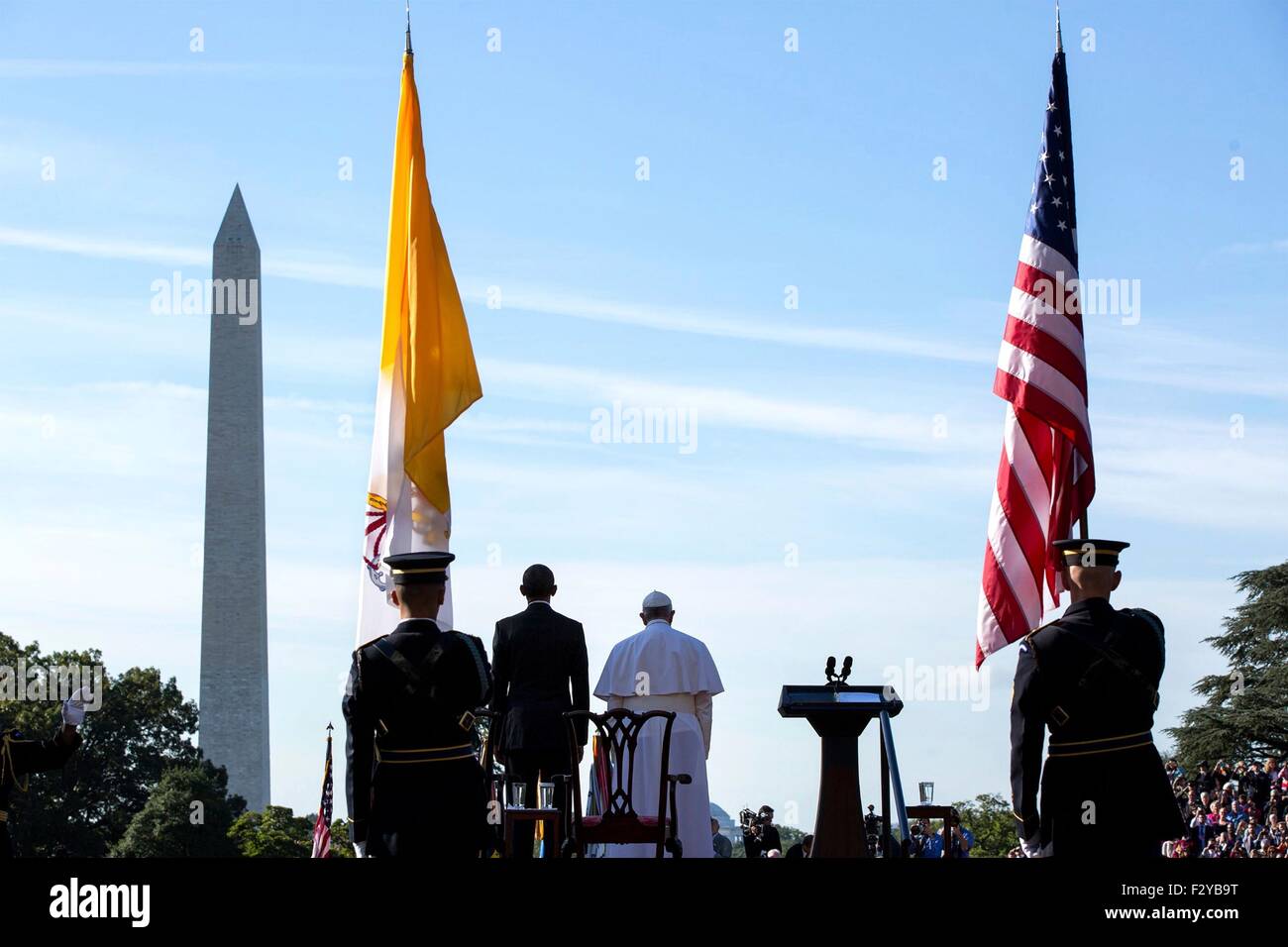|
|
General: PLACE DE LA CONCORDE OBELISK (LUXOR EGYPT) MADELEINE CHURCH PARIS FRANCE
Elegir otro panel de mensajes |
|
|
 Primer Primer  Anterior 2 a 2 de 2 Siguiente Anterior 2 a 2 de 2 Siguiente  Último Último  |
|
|
About The Book
Explores how a secret cabal of influential families has shaped the United States according to the principles of sacred geometry and Goddess veneration
• Exposes the esoteric influences behind the National Grange Order of Husbandry
• Examines the sacred design and hidden purpose of the Washington Monument
• Reveals how the three obelisks in New York City depict the stars of Orion’s Belt
• Explains how every baseball diamond is actually a temple to the Goddess
In America: Nation of the Goddess, Alan Butler and Janet Wolter reveal how a secret cabal of influential “Venus” families with a lineage tracing back to the Eleusinian Mysteries has shaped the history of the United States since its founding. The evidence for such incredible assertions comes from American institutions such as the National Grange Order of Husbandry and from the man-made landscape of the United States where massive structures and whole cities conform to an agenda designed to elevate the feminine within religion and society.
The authors explain how the Venus families, working through the Freemasons and later the Grange, planned the American Revolution and the creation of the United States. It was this group who set the stage for the Founding Fathers to create Washington, D.C., according to the principles of sacred geometry, with an eye toward establishing the New Jerusalem. The authors explore the sacred design of the Washington Monument, revealing its occult purpose and connections to the heavens. They reveal how the obelisks in New York City depict the stars of Orion’s Belt just like the Giza pyramids and how the site of one of them, St. Paul’s Chapel, is the American counterpart to Rosslyn Chapel in Scotland. Exposing the strong esoteric influences behind the establishment of the Grange in the United States, they connect this apparently conservative order of farmers to the Venus families and trace its lineage back to the Cisterians, who were a major voice in the promotion of the Crusades and the establishment of the Knights Templar.
The authors conclude with the startling revelation that nearly every city in America has a temple to the Goddess hidden in plain sight--their baseball diamonds--exposing the extent to which the Venus families are still at work behind the scenes.
https://www.simonandschuster.com/books/America-Nation-of-the-Goddess/Alan-Butler/9781620553978 |
|
|
|
|
|
|
|
Episode 134
n 1854 a slab of marble donated by Pope Pius IX arrived in Washington, D.C. He had it engraved “A Roma Americae,” or “From Rome to America,” as a sign of goodwill. He had sent it over to be included in the Washington Monument, which was then under construction. Many foreign governments had sent similar contributions to honor America’s first president. The Know Nothings, however, had no intention of allowing a gift from the Pope to be included in the Washington Monument. They were certain the stone was a sign of darker intentions by the Pope. So on March 9, 1854, under cover of darkness, a group of these anti-Catholics broke into the yard, stole the stone, and after damaging it with hammers they dropped it in the Potomac River. No one was ever credibly accused of the crime, despite reward offers and a public outcry. Many years later, however, after a tip, the stone was discovered… only to disappear again. But today, there is a stone from the Pope in the Washington Monument, this one was provided by Pope John Paul II in 1982.
Episodes Referenced
Books
https://americancatholichistory.org/the-popes-stone-and-the-washington-monument/ |
|
|
|
|
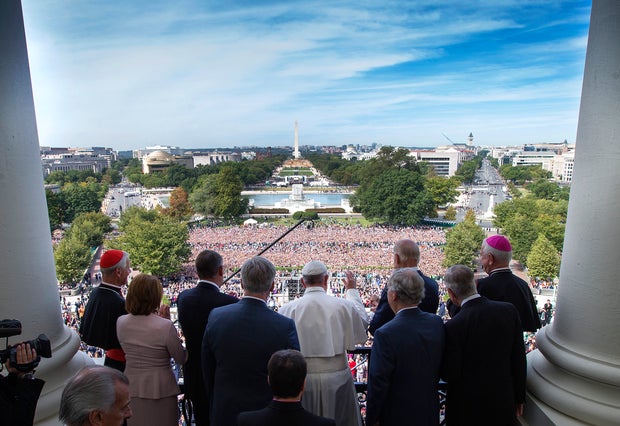 DOUG MILLS-POOL/GETTY IMAGES DOUG MILLS-POOL/GETTY IMAGES
Pope Francis waves to the crowd from the Speakers Balcony at the Capitol in Washington, D.C., September 24, 2015.
|
|
|
|
|
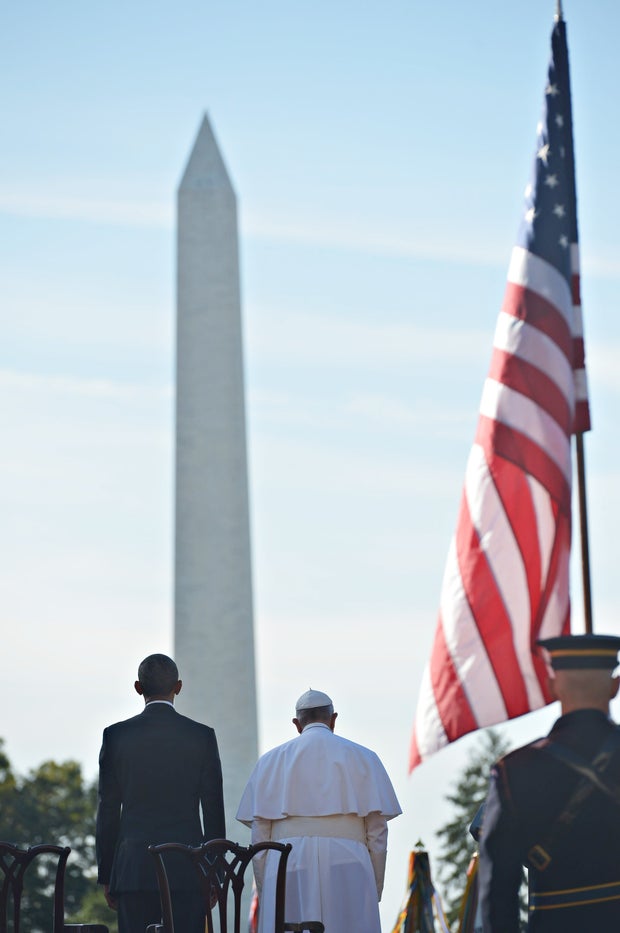 MANDEL NGAN/AFP/GETTY IMAGES MANDEL NGAN/AFP/GETTY IMAGES
President Barack Obama welcomes Pope Francis to the White House on September 23, 2015 in Washington, D.C.
|
|
|
|
|
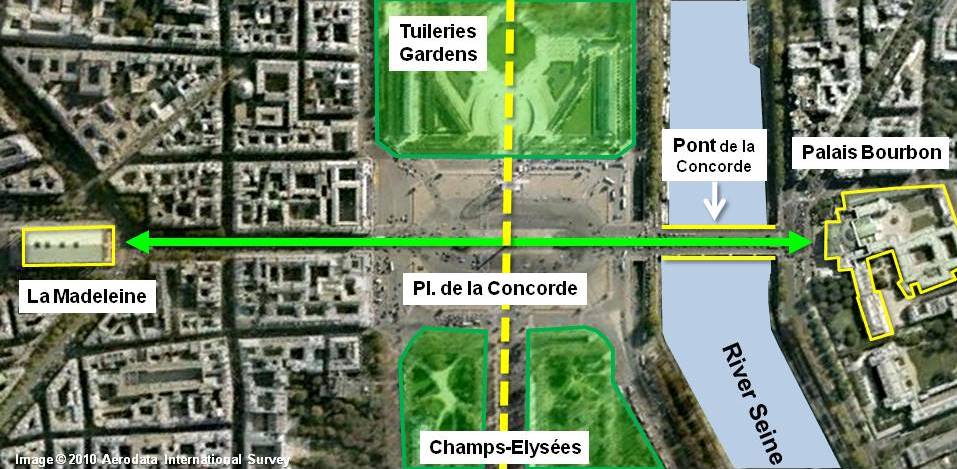


 
Pope Francis delivered a speech too progressive for Obama to give
Sep 24, 2015, 4:20 PM GMT-3
Pope Francis waves to the crowd from the Speakers Balcony at the US Capitol, September 24, 2015, in Washington, DC. Pool/Getty Images
If President Barack Obama had delivered the text of Pope Francis’s speech to Congress Thursday as a State of the Union address, he would have risked being denounced by Republicans as a socialist.
While most Republicans chose not to complain, and Democrats tried not to gloat, Francis’s speech to Congress was stunning in the breadth, depth, and conviction of its progressivism. That might not have been fully and immediately appreciated by everyone in the House chamber because the combination of Francis’s sotto voce delivery and his heavily accented English made it difficult, lawmakers said, to grasp everything he was saying.
But there was no mistaking his thrust. He made detailed arguments for openness to immigrants, addressing the human roots of climate change, closing the gap between the rich and the poor, and ending the death penalty — all of which invigorated the Democrats in the room.
“It was pretty progressive. He had a little right-to-life stuff in it,” Rep. James Clyburn, the third-ranking House Democrat, said as he cracked a smile thinking about how Republicans would receive the speech. “That’s enough for them.”
The pope isn’t going to change many hearts and minds in the badly divided Congress, lawmakers said, but the moment provided a brief respite from political warfare. Several presidential candidates, including Sens. Bernie Sanders, Lindsey Graham, Marco Rubio, and Ted Cruz, as well as Ben Carson, attended.
Rubio, a Roman Catholic, said in a brief interview that Francis “struck the right tone.” Sanders, a self-described socialist, seemed to like the content even more.
“Pope Francis is clearly one of the important religious and moral leaders not only in the world today but in modern history,” he said in a statement released after the speech. “He forces us to address some of the major issues facing humanity: war, income and wealth inequality, poverty, unemployment, greed, the death penalty and other issues that too many prefer to ignore.”
Democrats were eager enough to present Congress as united that they joined a Republican-led standing ovation when Francis told lawmakers of “our responsibility to protect and defend human life at every state of its development.” Several of them said it was out of respect for the pope. But there was another good reason: It strengthened the perception that the whole speech — most of which they liked — carried unifying themes.
Unity was good for Democrats because the speech favored their policies
Francis was interrupted a few times by whoops from the Democratic side of the chamber — by Steve Cohen, a Jewish Memphis Democrat who got excited about Francis’s mention of the Golden Rule; by New York’s Nydia Velázquez when he called for an end to the death penalty; and by Philadelphia Rep. Chaka Fattah when he mentioned his upcoming visit to that city. The Republicans in the room were a bit more staid. Cruz often appeared unmoved during moments when Rubio, who was sitting nearby, applauded. That was the case when Francis asked whether the greater opportunities sought by past generations of immigrants are “not what we want for our own children?”
It was a home crowd. Rep. Paul Gosar (R-AZ) had announced he would boycott the event over climate change, and there was a brief murmur when it became obvious that three conservative Catholic Supreme Court justices — Antonin Scalia, Samuel Alito, and Clarence Thomas — had not shown up. But it seemed that everyone in attendance just wanted to catch a glimpse of Francis and hear what he had to say.
Big-name guests filed into the public galleries above the House chamber long before the pope’s arrival: Former House Speaker Newt Gingrich, former Rep. Gabby Giffords, mega-donor Tom Steyer, and Carson. House members filled the seats in their chamber, followed by the Senate and four Supreme Court justices. At about a minute past 10 am, Francis strode down the center aisle of the House chamber, clad in his familiar white robe and skullcap.
Lawmakers, who had been admonished not to touch the pope, refrained from trying to shake his hand or pat his back. There was no rush to crowd him the way members of Congress try to get into pictures with the president during the annual State of the Union address. When he got to the end of the aisle, he quietly shook hands with Secretary of State John Kerry and then made his way to the rostrum.
Samantha Power, the US ambassador to the UN, pulled out a baby blue iPhone and began snapping pictures. Though she later took to Twitter to commemorate the moment, Power hadn’t posted any of her photos by midday.
For his part, Francis warmed up the audience by describing America as “the land of the free and the home of the brave.” He was slow to move into more politically charged territory but unimpeded when he did. There were 10 standing ovations after his initial greeting, and they were bipartisan.
Francis tackled tough issues at the heart of the US political debate and gently admonished lawmakers to build bridges
At times, Francis seemed to be speaking directly into the headlines and newscasts of the day.
Less than a week after Carson said that America shouldn’t elect a Muslim president, Francis warned that “a delicate balance is required to combat violence perpetrated in the name of a religion, an ideology or an economic system, while also safeguarding religious freedom, intellectual freedom and individual freedoms.”
As Republican presidential frontrunner Donald Trump promises to build a wall between Mexico and the US, and to prevent Syrian refugees from being admitted to America, Francis compared the current refugee crisis to the one that arose in World War II and said that “we the people of this continent are not fearful of foreigners, because most of us were once foreigners.” That drew a standing ovation. Rubio, who has shifted his emphasis on immigration reform over time, leaped to his feet.
And while Democrats continue to bask in this summer’s Supreme Court decision protecting same-sex marriage, the pope said he was concerned that “fundamental relationships are being called into question, as is the very basis of marriage and the family.” The issue that caused the biggest stir before the speech — climate change — factored prominently in Francis’s remarks. He spoke of the human roots of global warming and said, “I am convinced we can make a difference.”
But perhaps the most unexpected run in the speech was an admonishment as gentle as it was clear: Politics is about building bridges, not destroying them. Francis never mentioned the international nuclear nonproliferation deal with Iran by name or the gridlock in American politics, but he seemed to be speak to both matters.
“When countries which have been at odds resume the path of dialogue — a dialogue which may have been interrupted for the most legitimate of reasons — new opportunities open up for all,” he said. “A good political leader is one who, with the interests of all in mind, seizes the moment in a spirit of openness and pragmatism. A good political leader always opts to initiate processes rather than possessing spaces.”
Pennsylvania Republican Rep. Joe Pitts, speaking about the pope’s limited remarks on abortion and same-sex marriage, said he was displeased that Francis had been “unfortunately politically correct.”
For liberals, though, he was simply correct about politics.
https://www.vox.com/2015/9/24/9393731/pope-francis-speech-progressive-obama
|
|
|
 Primer Primer
 Anterior
4 a 18 de 18
Siguiente Anterior
4 a 18 de 18
Siguiente
 Último
Último

|
|
| |
|
|
©2025 - Gabitos - Todos los derechos reservados | |
|
|




